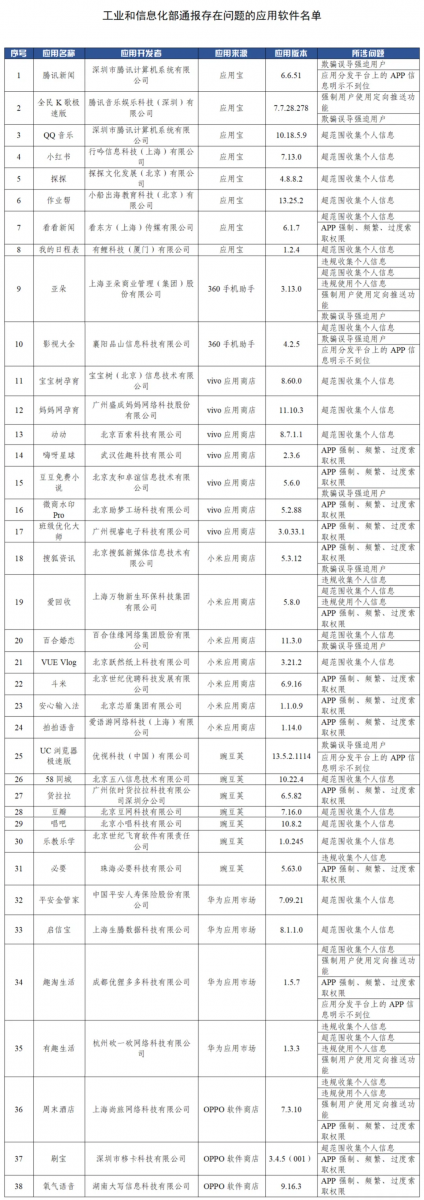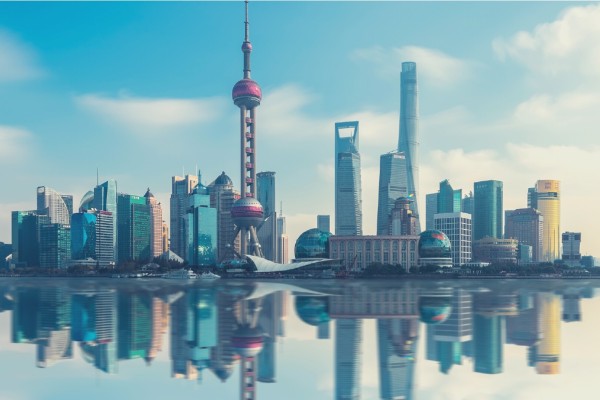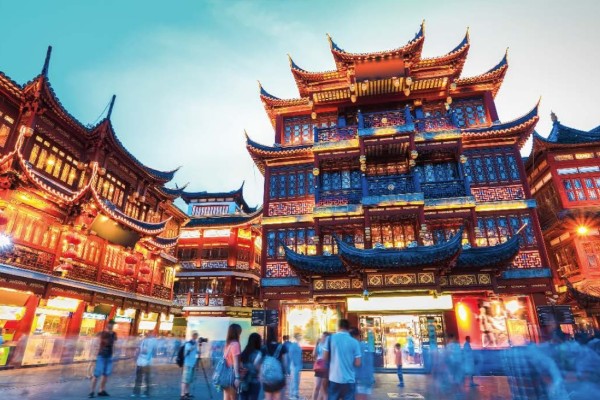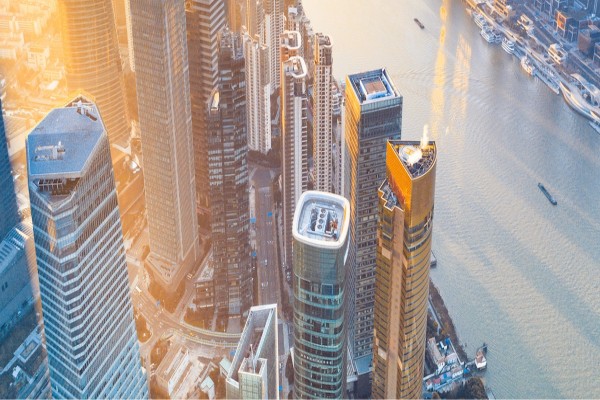Name and Shame as a popular practice in China
The 'Name and Shame' for public humiliation of companies and individuals is a method that has long been used to denounce unfair business practices and, basically, as a deterrence mechanism.
The idea is that exposing the identities of these individuals or companies will discourage others from engaging in similar activity for fear of also being exposed.
As reported by Caixin Global, on November 3rd, 2021, China’s government has named and shamed 38 apps for misdeeds, such as excessively collecting users’ data or publishing misleading information, in its first rectification notice since the new Personal Information Protection Law came into force.
This is not the first time though: every year around November, the information and communications authority of the Ministry of Industry and Information Technology (MIIT) send out a notice with a list of the app that infringe on users' privacy.
This year household names, including Tencent’s QQ Music streaming service, social media platform Xiaohongshu, online learning app Zuoyebang, dating app Tantan and film-scoring site Douban, were found to have collected personal information beyond what’s necessary to offer their services.
Tencent News and the “lite” version of Alibaba’s mobile UC Browser were also found have committed violations including misleading their users, the announcement said.

Source: https://mp.weixin.qq.com/s/hz5asOwAOjRLh7zvEjoEiQ
(Information and communications authority of the Ministry of Industry and Information Technology)
The practice of Naming and Shaming is used also against individuals: In fact, local courts are increasingly turning to public shaming to recoup funds from citizens. One of the most famous was the naming and shaming of individuals on the screen of a cinema before the projection of Avengers, in 2019: A 30-second clip accompanied by dramatic background music included images of 60 people and the amounts they owed.
The clip showed that there is "zero tolerance" for people who do not pay their debts, saying they risked being barred from taking China's high-speed trains and staying in hotels, as well as having their bank accounts frozen. And, according to ABC News, people who defaulted on paying court-ordered fines would also have their image displayed on screens in more than 300 locations across shopping malls, railway stations and markets "in order to give the dishonest people nowhere to hide".
In eastern China's Anhui province, debtors' photographs, names, ID numbers and the amount they owed flashed across billboards and giant screens in public squares on 2018 International Workers'Day.
The Name and Shame method is also used daily on the streets in big cities, such as Beijing, Shanghai and Shenzhen, where, thanks to facial recognition and artificial intelligence, photographs of pedestrians caught in the act of crossing with red light, along with their names and social identification numbers, are instantly displayed on LED screens.
Many people are reported to go to the police stations to ask for the deletion of the images, paying their debts in exchange: then apparently the method is working.
Not sure it’s the same for the companies: some of the names in the 2021 list were also in several previous lists, mainly for infringing on users’ privacy.


